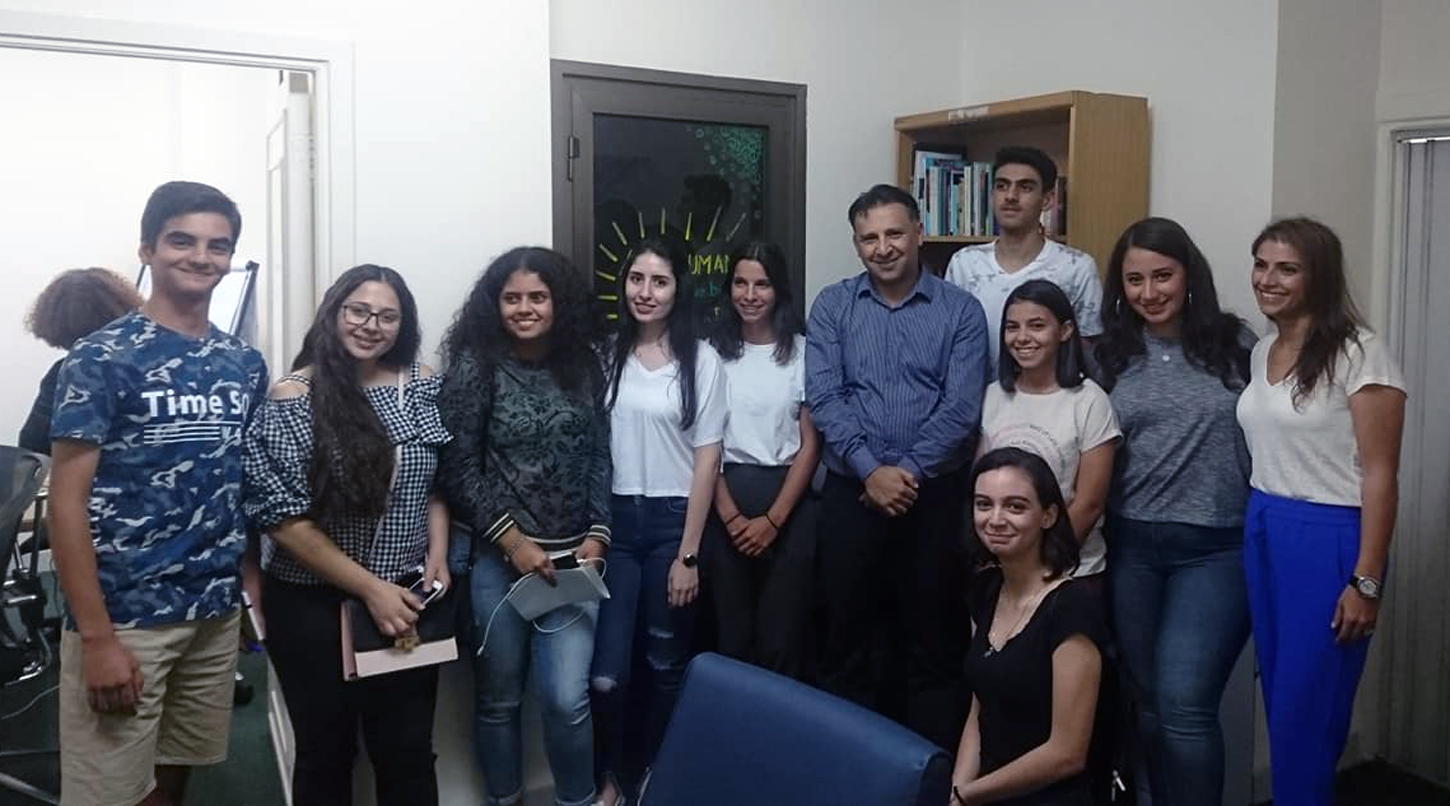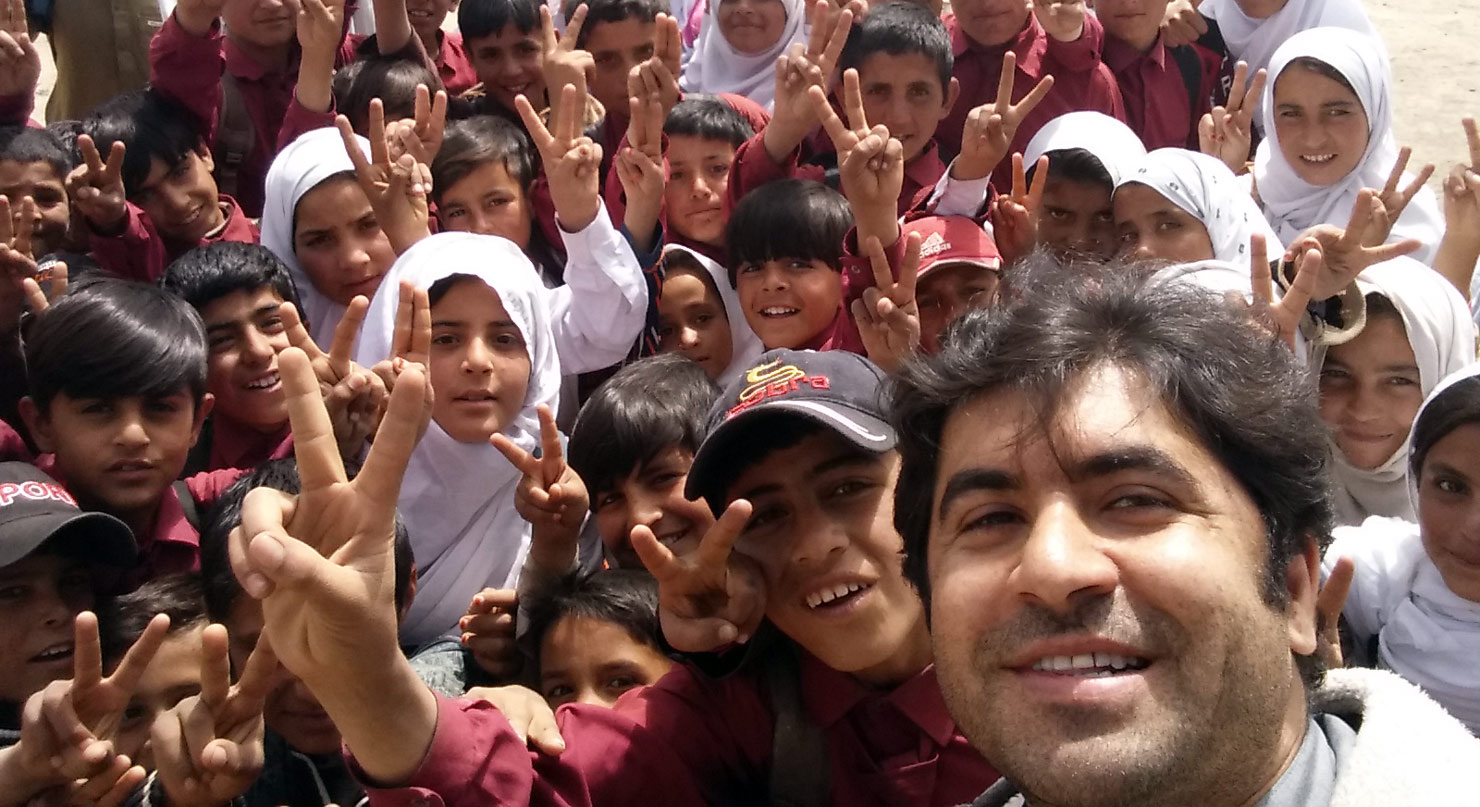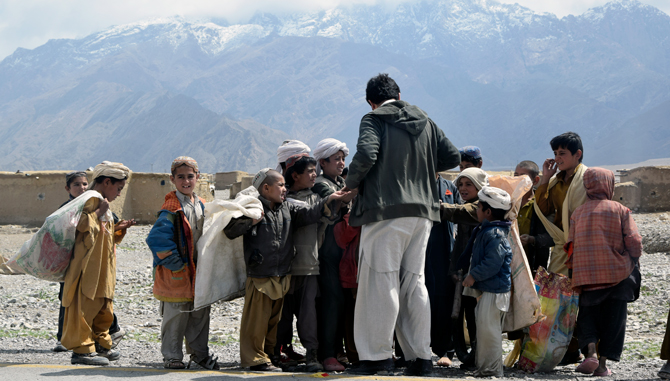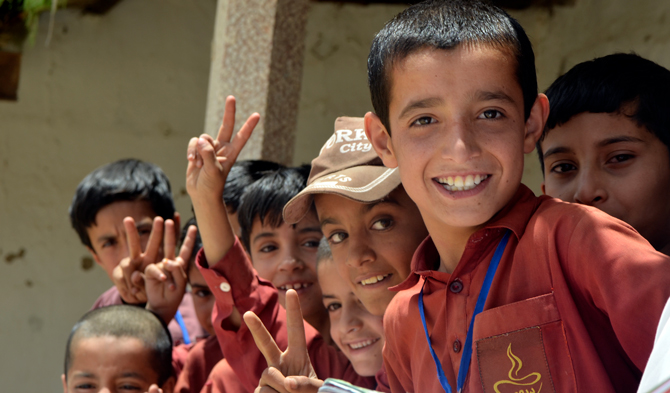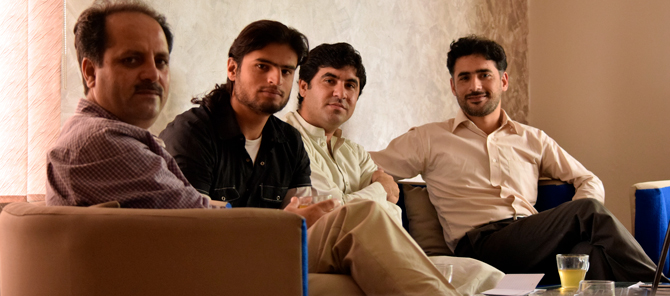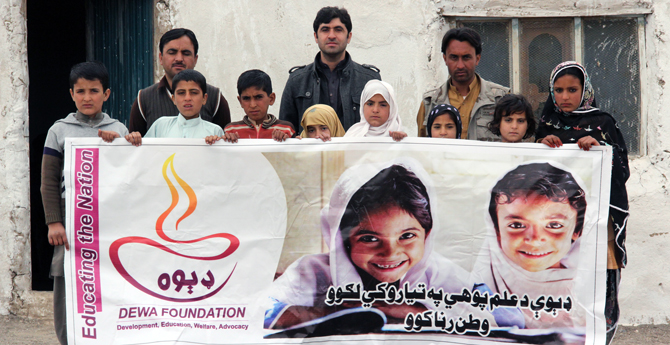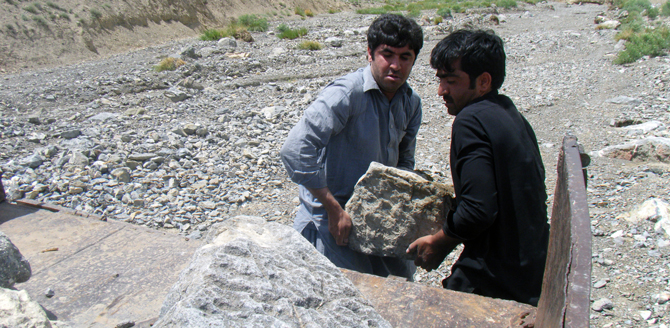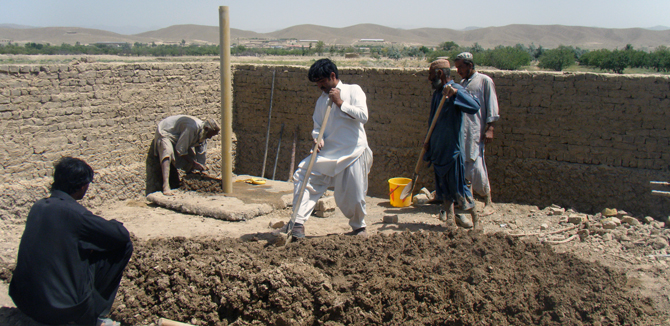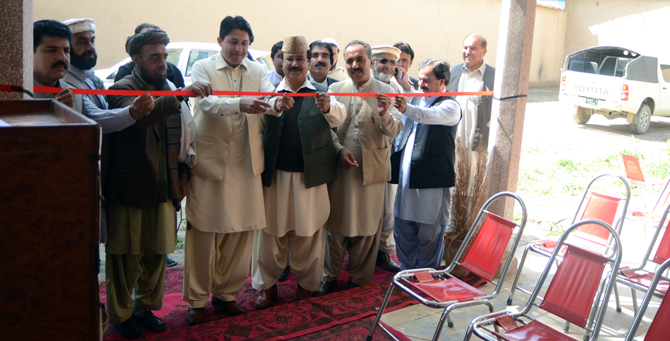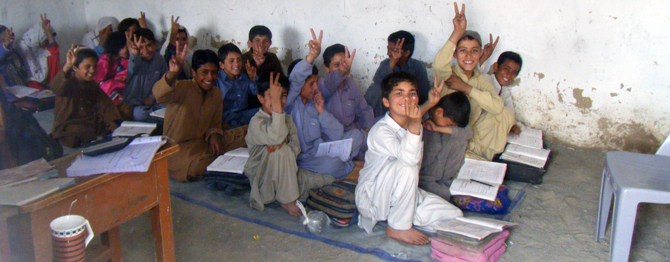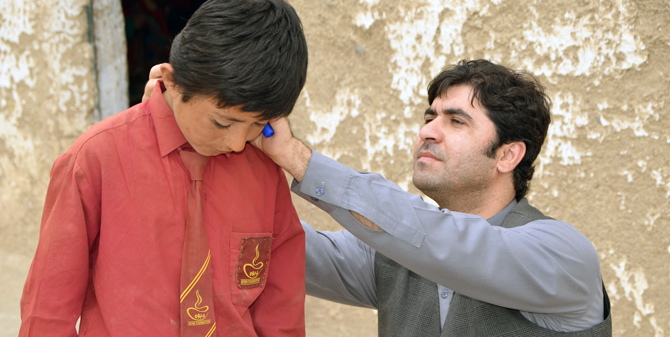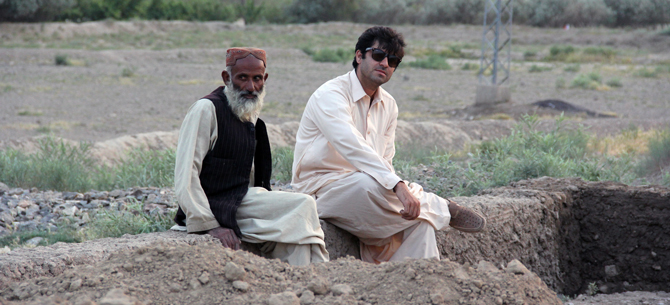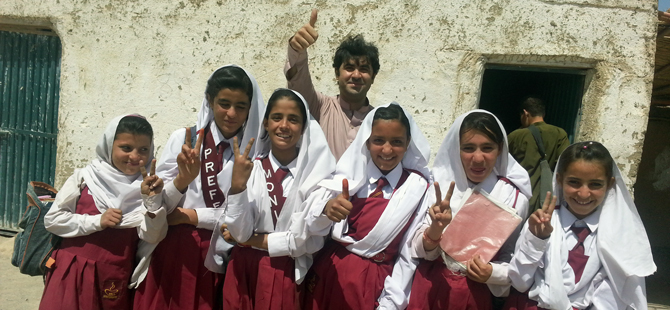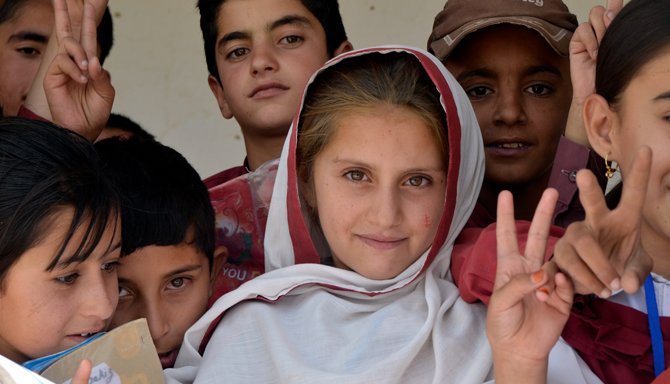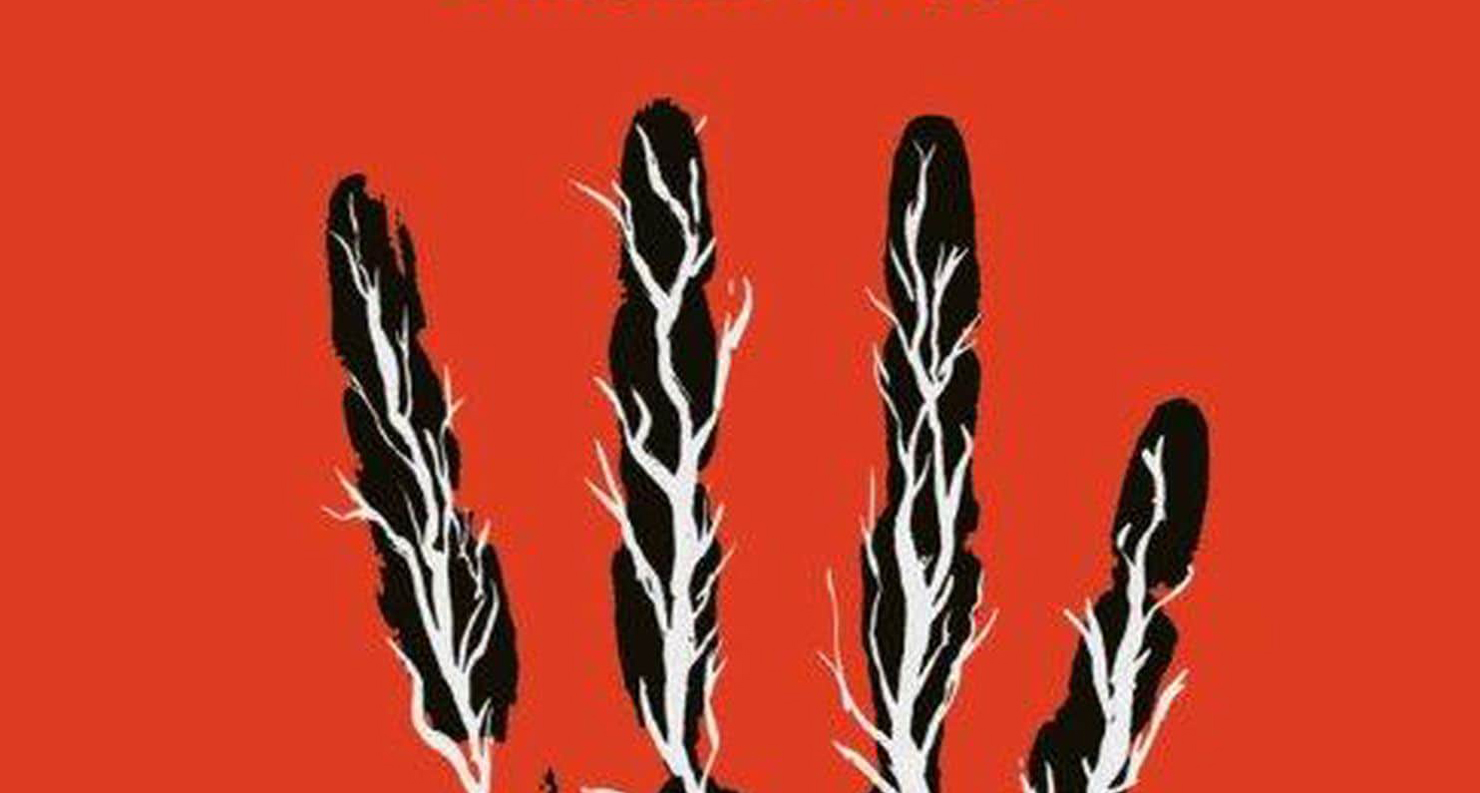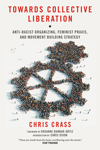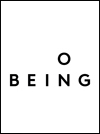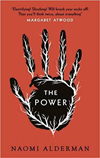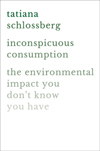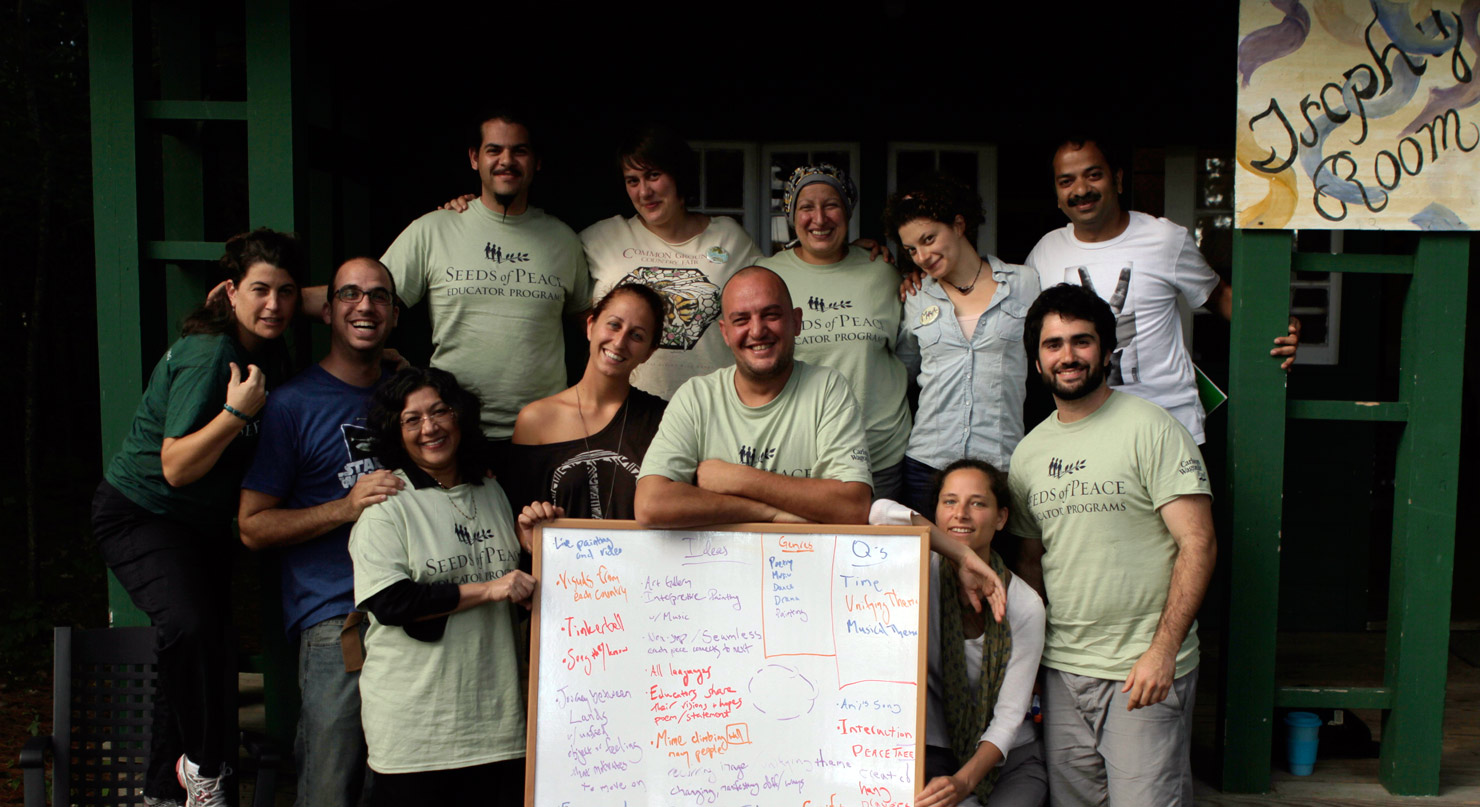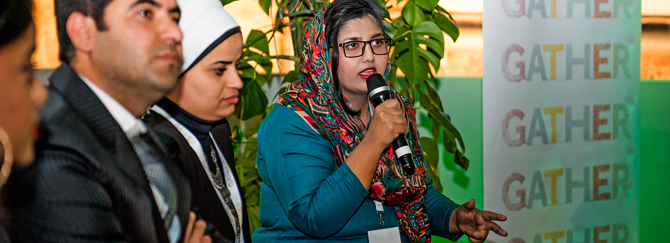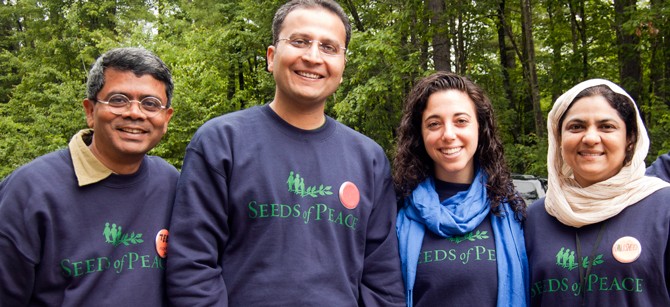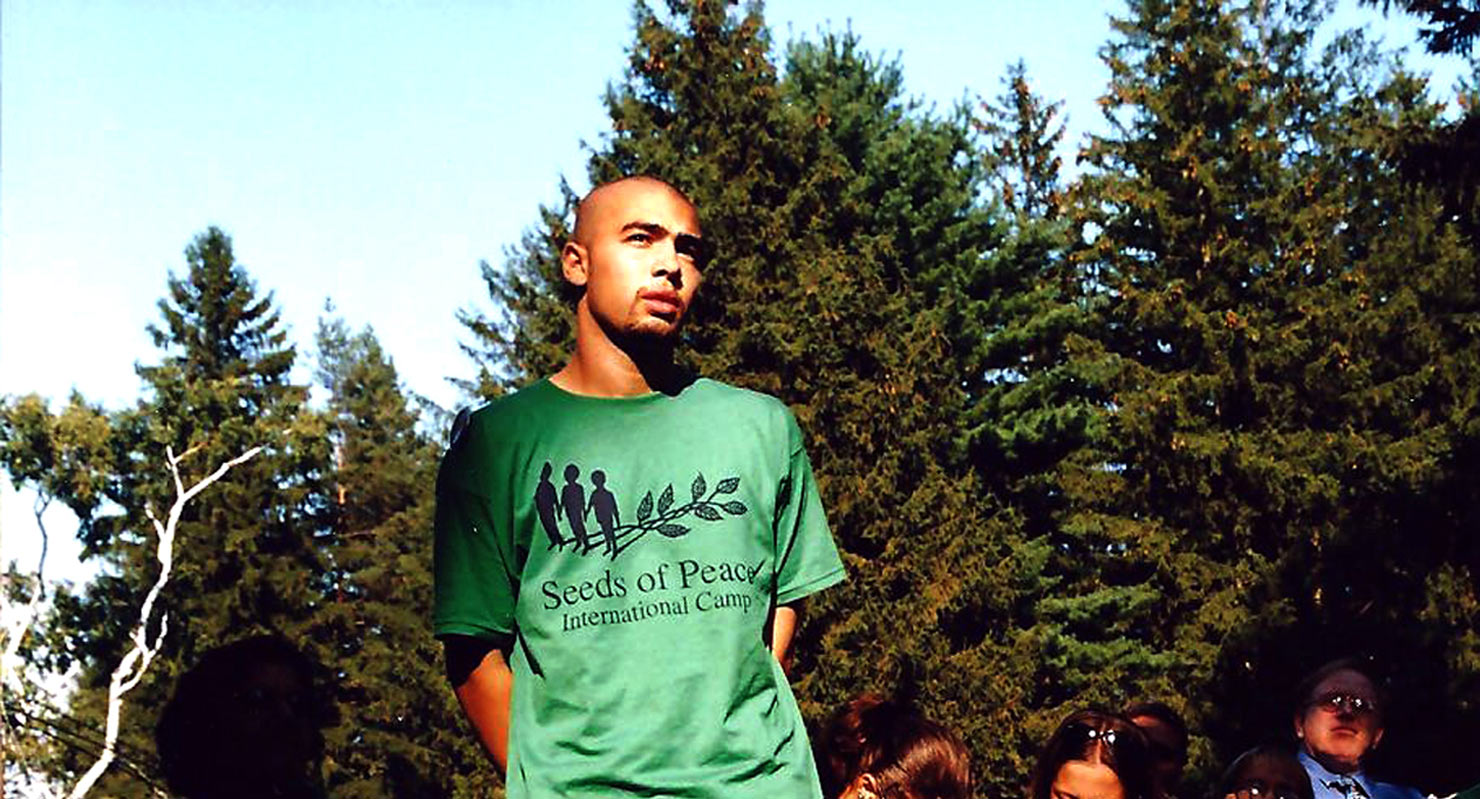AMMAN | You excel in classes, nail the internships, and graduate with a degree that shows the willingness and ability to make it in the workforce—only to have doors closed and choices evaporate.
This is a situation familiar to many young people eager to begin their careers, but in Jordan, where the youth unemployment rate is among the highest in the world, the frustration is particularly acute.
“Many youth complete their education, yet the education is not translating into high-quality, full-time employment due to many factors, including the discrepancy between their education and the skills required in the private sector,” said Farah Bdour, Middle East Programs Coordinator in Jordan.
To help Jordanian Seeds prepare for their school-to-work transition, Seeds of Peace organized the workshop “Start Your Own Business: Promoting Youth Entrepreneurship.”
Fourteen Seeds, Seed parents, staff and dialogue leaders from Amman, Karak, and Madaba attended the September 20 program.
In addition to building their personal entrepreneurial skills, the goal of the workshop, Farah said, was to “provide Seeds with a practical framework that will help them generate business ideas and put these ideas into action.”
Topics discussed included ideation, business modeling, management components and funding proposals. The day also included facilitated dialogue sessions, during which the Seeds discussed concerns they shared, like the pressure to conform to parental or societal expectations.
“They showed polished skills of dialogue, putting good use to the skills they developed at Camp,” Farah said.
The workshop was held at the Amman offices of United Religion Initiative, a grassroots, interfaith peacebuilding network working in over 95 countries worldwide.


